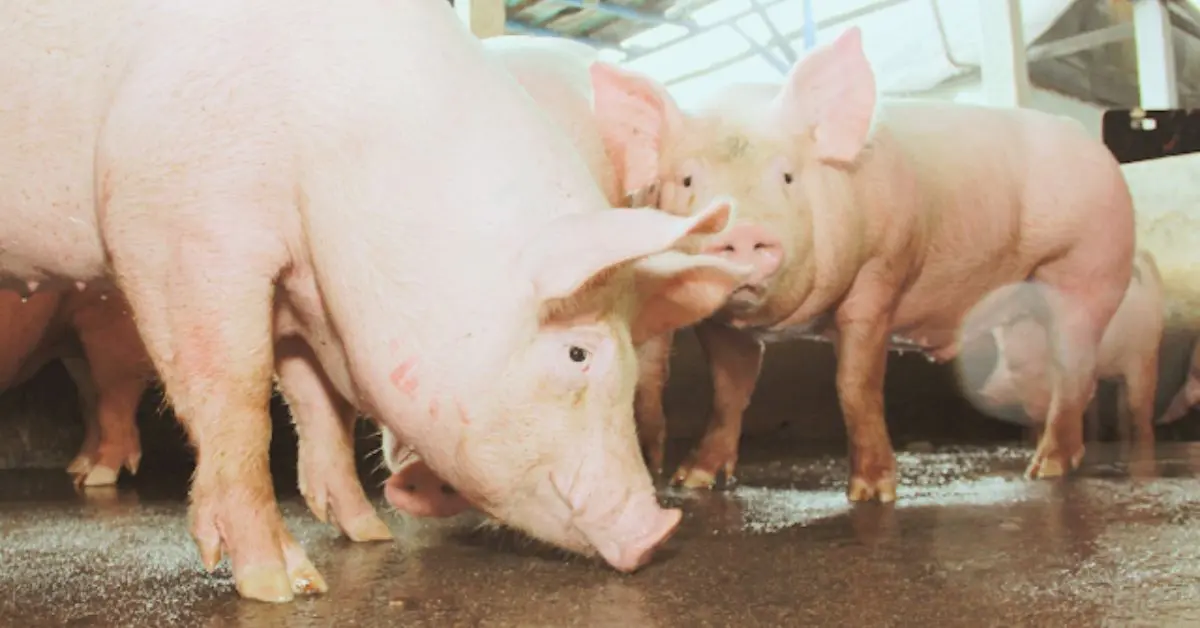How to Start Pig Farming in Nigeria for Maximum Profit

Pig farming, also known as piggery, is one of the most profitable livestock businesses in Nigeria. With a high demand for pork products, rapid pig reproduction, and relatively low startup costs, pig farming offers an excellent opportunity for entrepreneurs seeking a lucrative agribusiness. This guide provides a comprehensive step-by-step approach to starting and successfully running a pig farming business in Nigeria, along with insights into market visibility and income potential.
Step 1: Conduct Market Research
Before venturing into pig farming, it is crucial to understand the market dynamics.
Key Areas to Research:
- Demand and Supply: Study the demand for pork products in different regions of Nigeria.
- Target Market: Identify potential customers, such as households, restaurants, supermarkets, and export markets.
- Competitor Analysis: Assess existing pig farmers, their production scale, and pricing strategies.
- Regulatory Requirements: Check government policies, licenses, and health regulations.
- Cultural and Religious Factors: Some communities in Nigeria do not consume pork, so it’s essential to target the right locations.
Step 2: Create a Business Plan
A well-structured business plan will guide you in setting up and running your pig farm effectively.
Essential Components of a Pig Farming Business Plan:
- Executive Summary: Overview of your business idea, goals, and strategies.
- Market Analysis: Findings from your research.
- Farm Setup & Management Plan: Details on housing, breeding, and feeding.
- Financial Plan: Estimated capital, expenses, and revenue projections.
- Marketing Strategy: Plans for branding and selling your pigs and pork products.
- Risk Management Plan: Outline strategies to mitigate potential risks such as disease outbreaks and feed shortages.
READ MORE: Cashew Farming in Nigeria: A Step-by-Step Guide to Profitable Cultivation
Step 3: Secure Capital and Funding
The cost of starting a pig farm varies depending on the scale and location. You can finance your business through:
- Personal Savings
- Bank Loans & Agricultural Grants
- Government Agricultural Programs
- Investor Partnerships
Estimated Startup Cost Breakdown:
- Land purchase or rent: ₦500,000 – ₦2,000,000
- Pig pens construction: ₦300,000 – ₦1,500,000
- Breeding stock: ₦50,000 – ₦500,000
- Feeding & nutrition: ₦100,000 – ₦500,000 per month
- Veterinary care & vaccines: ₦50,000 – ₦200,000 annually
- Labor and operational costs: ₦100,000 – ₦500,000 per month
Step 4: Acquire Suitable Land and Construct Pig Pens
Pigs require a clean, spacious, and well-ventilated environment for growth and productivity.
Land Selection Criteria:
- Availability of clean water
- Accessibility to roads and markets
- Low risk of flooding
- Distance from residential areas (due to odor concerns)
- Fertile land to allow feed production
Pig Pen Construction:
- Use durable materials like concrete for floors and wooden/plastic roofing.
- Construct separate sections for breeding, farrowing, weaning, and fattening pigs.
- Ensure proper drainage and waste disposal systems.
- Maintain biosecurity measures to prevent disease spread.
Step 5: Purchase High-Quality Pig Breeds
The breed you choose will significantly impact your farm’s profitability.
Common Pig Breeds in Nigeria:
- Large White – Fast-growing and highly productive.
- Duroc – Known for its excellent meat quality.
- Landrace – Has a high litter size and good mothering ability.
- Hampshire – Hardy breed with lean meat production.
Source your piglets from reputable breeders or agricultural institutions.
Step 6: Implement Proper Feeding and Nutrition
Feeding accounts for about 60-70% of total production costs.
Pig Feeding Guidelines:
- Starter Feed (0-8 weeks) – High protein diet.
- Grower Feed (8-16 weeks) – Balanced diet for rapid growth.
- Finisher Feed (16+ weeks) – High-energy feed to promote weight gain.
- Supplementary Feeds – Use local feed sources such as cassava peels, maize husks, and groundnut cake to reduce costs.
- Water Supply – Ensure pigs have access to clean and fresh water at all times.
Step 7: Maintain Health and Disease Management
Regular veterinary care ensures pigs remain healthy and productive.
Disease Prevention Tips:
- Vaccinate against common diseases like swine fever.
- Regularly deworm pigs.
- Maintain strict hygiene in pens.
- Quarantine new pigs before mixing them with the herd.
- Provide proper bedding to reduce stress and injuries.
Step 8: Breeding and Reproduction
A well-planned breeding program enhances farm productivity.

How to Start Pig Farming in Nigeria for Maximum Profit
Breeding Practices:
- Female pigs (sows) can produce 8-12 piglets per litter.
- Pigs reach breeding age at 7-8 months.
- Artificial insemination or natural mating can be used.
- Proper care during pregnancy ensures high survival rates.
- Monitor pregnancy and provide nutritional support to sows.
Step 9: Market and Sell Your Pigs
To maximize profits, adopt effective marketing strategies.
Selling Options:
- Live Pigs: Sell to butchers, meat processors, and individuals.
- Pork Products: Process and sell pork meat to retailers.
- Breeding Stock: Sell quality piglets to new farmers.
- Export Market: Explore international trade opportunities.
Marketing Strategies:
- Leverage social media and online marketplaces.
- Build partnerships with restaurants and supermarkets.
- Brand your products for better visibility.
- Offer farm visits and training sessions to attract more customers.
Step 10: Calculate Visibility and Income Potential
A well-managed pig farm can generate substantial income.
Income Projection (Example for 10 Pigs):
- Cost per Piglet: ₦20,000
- Feeding & Management (6 months): ₦50,000 per pig
- Selling Price (Matured Pig at 6 months, 80-100kg): ₦120,000
- Total Revenue (10 pigs): ₦1,200,000
- Profit after expenses: ₦500,000 – ₦700,000 per batch
Scaling up the business increases profitability significantly.
VIDEO: How to Start Pig Farming in Nigeria for Maximum Profit
Conclusion
Starting a pig farming business in Nigeria requires careful planning, investment, and commitment. By following this step-by-step guide, you can establish a profitable piggery and tap into the growing pork market. Ensure continuous learning, adopt modern farming techniques, and leverage digital marketing to enhance visibility and income.
We hope you found this guide helpful! If you have any questions or experiences to share, leave a comment below – we’d love to hear from you!

Leave your comment